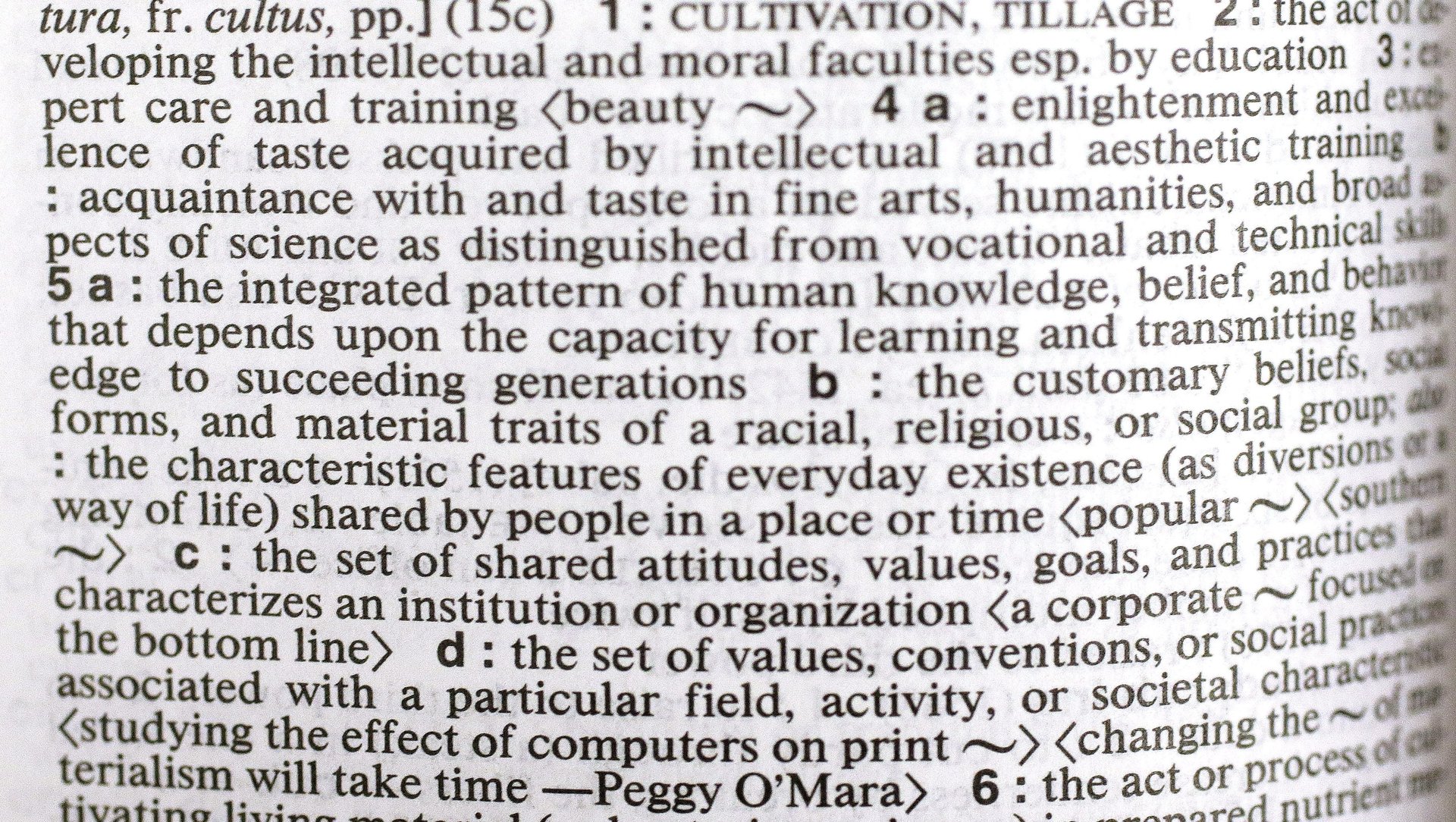Dictionary-makers found the first known use of “mansplain”
Be careful riding the online trollercoaster; any slang you coin in internet comments could end up in the definitive record of the English language.


Be careful riding the online trollercoaster; any slang you coin in internet comments could end up in the definitive record of the English language.
“Mansplain” was added to the Oxford English Dictionary last month: “Of a man: to explain (something) needlessly, overbearingly, or condescendingly, esp. (typically when addressing a woman) in a manner thought to reveal a patronizing or chauvinistic attitude.”
The team of lexicographers charged with adding new words to the historical dictionary recorded the first documented use of “mansplain” in August 2008. In an exchange between two bloggers on Livejournal, electricwitch, a then-22-year-old fan of Bowie and Bollywood based in the Netherlands, accused count-vronsky, who has since deactivated their account, of mansplaining. (Though Rebecca Solnit’s 2008 “Men who explain things,” is often associated with the term, Solnit never actually uses it in her essay.)
The fateful exchange took place in the comments on a post by a third Livejournaler, about the Japanese artist Mieko Shiomi. Count-vronsky, presumed in the conversation to be a man, responded to a question from electricwitch, saying that a dead pheasant in one of the images was “a sly take on the Last Supper (and the first supper — water into wine)” and represented “an absurdist comment on woman’s maternal role as food provider, life as chemistry, and the sexual imagery of the after meal smoke.”
Electricwitch responded:
Wow, thank you so much for mansplaining this art to me! What with my arts degrees, I can’t understand it at all!
Count-vronsky was also an innovator of sorts, responding with the original version of the now-all-too-familiar meta-mansplain, in which the speaker explains how they are not actually, in fact, mansplaining:
And I am duly chastened e-witch, and grieved to have offended your petty but obviously sincere gender politics, but I meant no harm. Why is it ‘mansplaining’ and not me just having a difference of opinion and expressing it to you? I mean does everything, even an innocuous comment — an expression of appreciation for a piece of art– have to be seen through the lens of your feminist principles?
Katherine Connor Martin, Oxford University Press’s head of US dictionaries, says that after the entry was added, the dictionary was contacted about an even earlier use of “mansplain,” also in online journal comments. The site Know Your Meme traces the origins back to this same use, and Martin says the OED will update the entry. In response to a May 2008 comment with the subject line “On statistics,” about the TV show Supernatural, a user wrote:
Oh, gosh, thank you so much for mansplaining this to us!
Martin says the OED has a rough rule of thumb that words should be around at least a decade before they’re added, but when a word is deemed important enough, it can be added more quickly: Google as a verb, “podcast,” “crowdsource,” and “Brexit” all made it into the OED in relatively short time.
For “mansplain,” “It was not a hard decision,” Martin says: ”Even if [‘mansplain’] stops being used after this year, there’s no doubt it has been a very important and influential word and concept in the second decade of the 21st century.”
Among other such words in the zeitgeist, Martin says the dictionary is considering “Latinx” and “pawternity” as future additions.